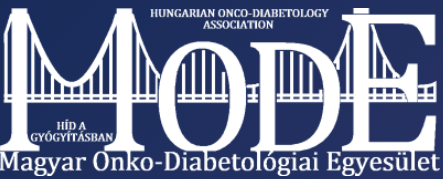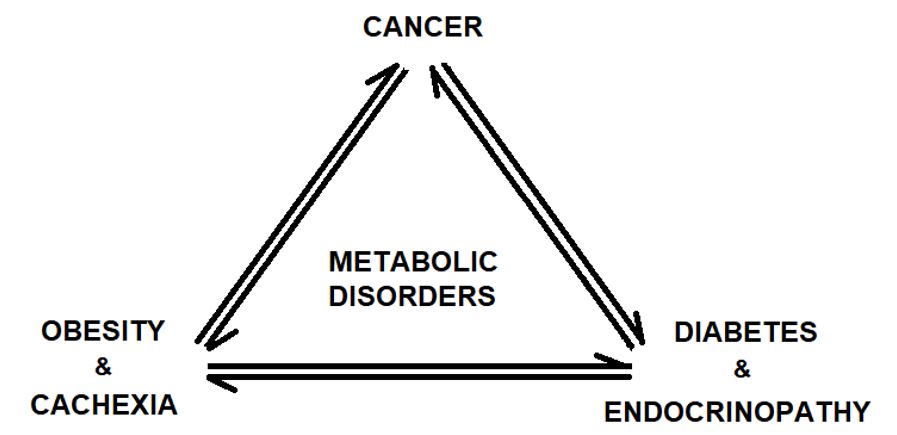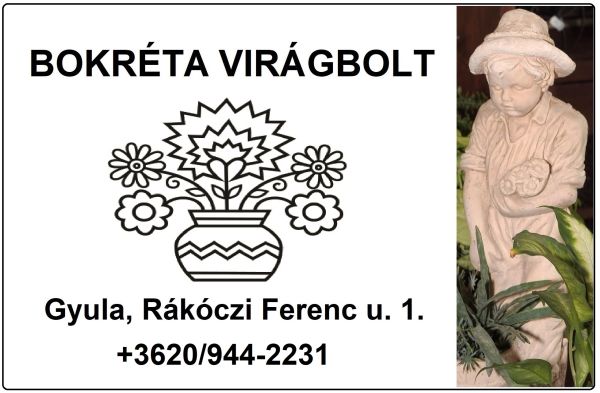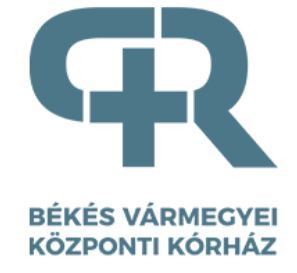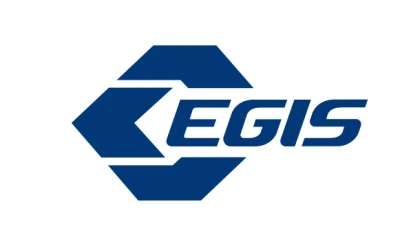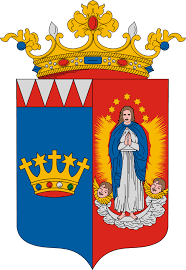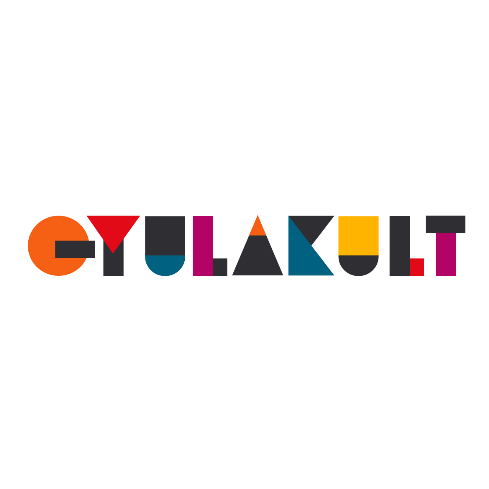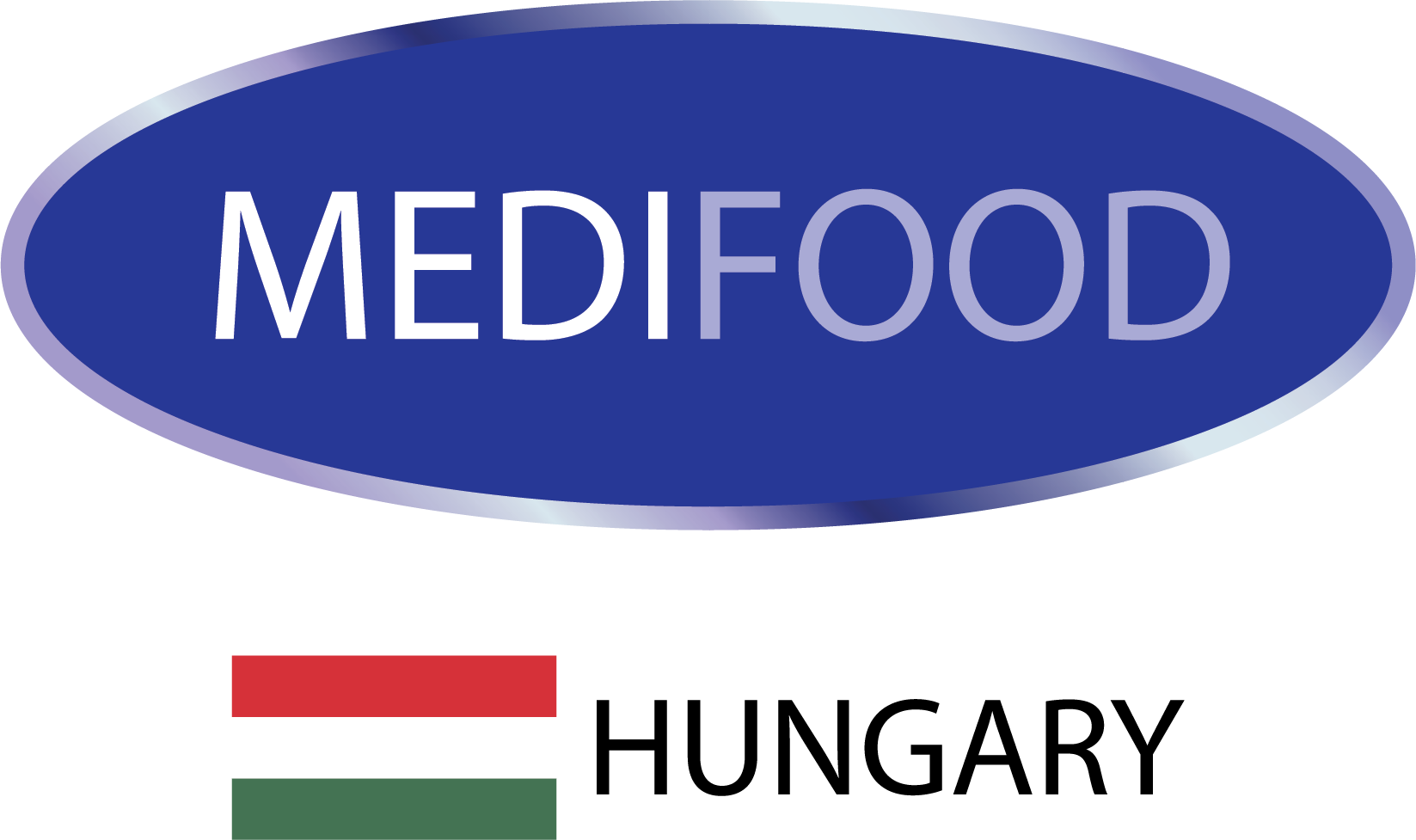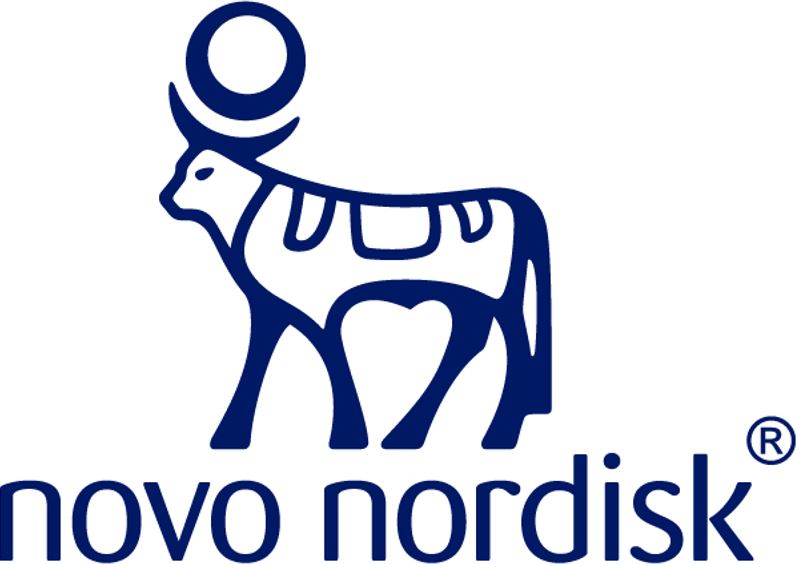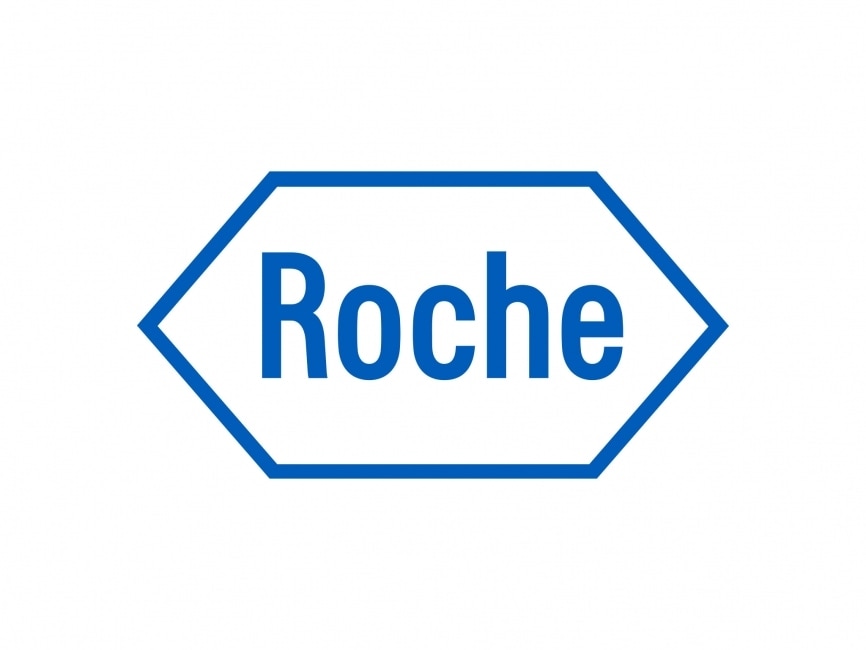Full name: Hungarian Onco-Diabetology Association
Abbreviated name: MODE
Date of foundation: 1 March 2024.
Founder and fully entitled representative:
Dr. Róbert János Bánhegyi MD, PhD
Place of registration: Gyula
Electronic mail address:
We are looking for contributions and donations to the following account number, for which we will subsequently provide a certificate if requested:
bank account number/IBAN: HU70 1173 3027 2836 8841 0000 0000
BIC/SWIFT: OTPVHUHB
Members of the Board:
President Dr. Róbert János Bánhegyi MD, PhD
Vice-President Dr. Anita Renáta Kolozsi MD
Secretary Dr. Beatrix Rácz MD
(The Association does not engage in direct political activities, is independent of political parties and does not support them financially.)
Our objectives:
To improve the prevention, detection and treatment of metabolic complications in cancer patients, especially those related to carbohydrate metabolism, and various metabolic disorders, especially abnormalities of glucose metabolism by helping to understand its theoretical background and optimising clinical practice.
Our activities:
MODE strives to achieve its objectives by undertaking a number of different tasks.
Our main mission:
To foster, promote and communicate a coherent national vision of the new discipline of oncodiabetology in an effort to improve the life expectancy, quality of living and survival of people who are affected by or at heightened risk of developing cancer, diabetes and obesity.
Our associated activities:
- close collaboration with national oncological (MOT, MKOT), diabetological (MDT), endocrinological (MEAT) and obesitological (MOMOT, MET) societies, establishing a professional-scientific bridge, organising if possible a joint working group session during our events,
- publishing research findings, publications, professional guidelines, recommendations, position papers and comments in the domain of oncodiabetology,
- coordinating and support basic research in oncology,
- to promote access to professional information for professionals (doctors and health professionals) with a special interest in oncodiabetology,
- preparation, publication and dissemination of publications in the field of onco-diabetology in both printed and electronic formats,
- organising and sponsoring oncodiabetology forums, congresses, symposia, training courses, courses, events
- promoting participation of our members in oncology, diabetology, endocrinology, obesity and other professional meetings.
A DEFINITION OF ONCODIABETOLOGY
A new frontier science (and medical concept) that aims to investigate the various levels of relationships (oncodiabetological and oncometabolic) between cancer and carbohydrate metabolism disorders, and more widely between malignancies and pathological alterations in the complex metabolism and nutritional status. It has been fuelled by the epidemiological trends of the last century and the rapidly evolving body of knowledge related to antineoplastic (antitumour) and antidiabetic therapies. It includes an optimal management of the diabetogenic and other metabolic or endocrine consequences of antineoplastic therapies, as well as the effects of antidiabetic drugs on carcinogenesis and antineoplastic therapy. An essential goal is to determine the most beneficial cytostatic/antidiabetic drug combination with respect to quality of life and survival, and prevention of diabetes among cancer patients and cancer prevention in diabetic and obese patients.
